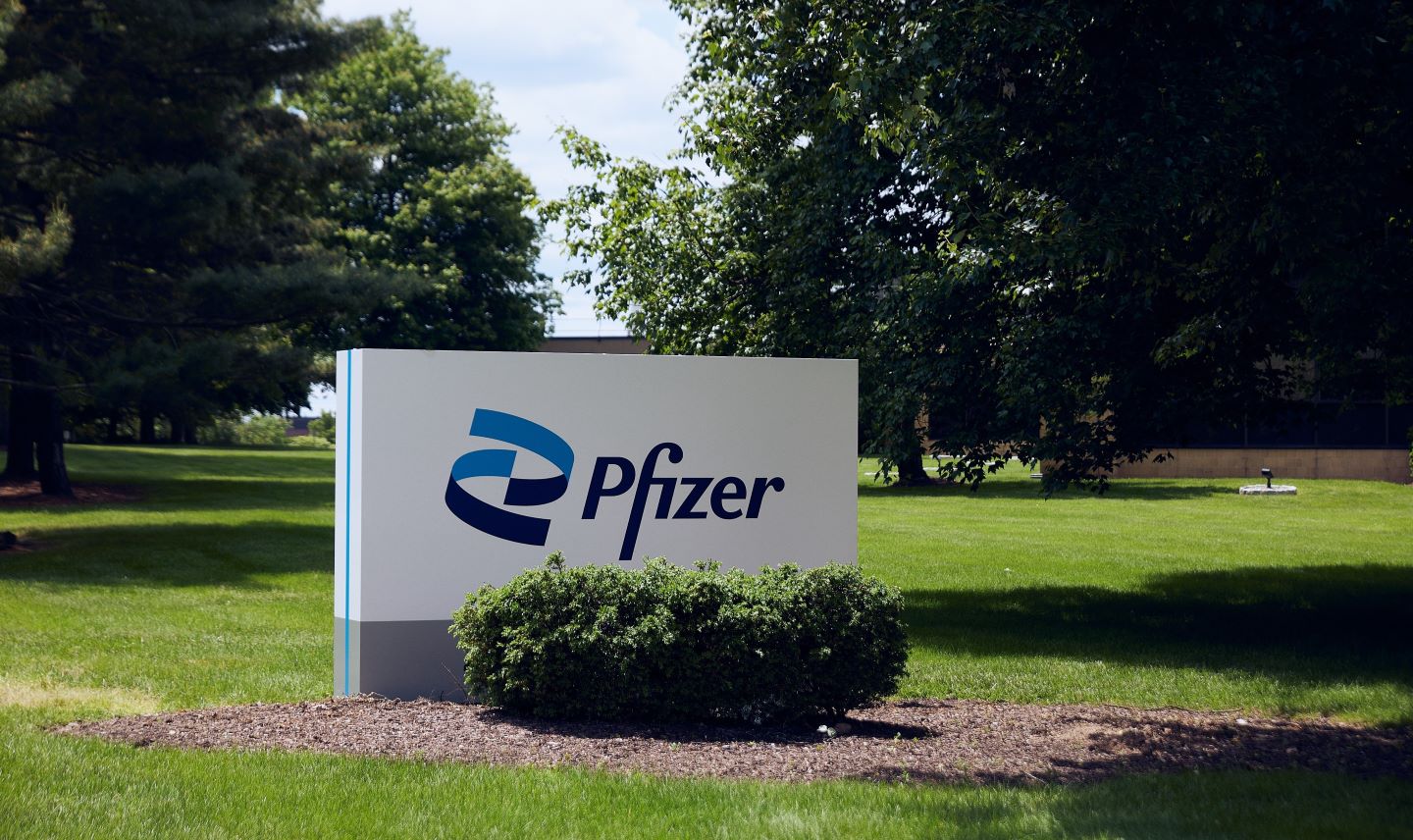
The European Commission (EC) has granted approval for Pfizer’s Talzenna (talazoparib) to treat adults with metastatic castration-resistant prostate cancer (mCRPC) where chemotherapy is not indicated clinically.
An oral inhibitor of poly ADP-ribose polymerase (PARP), Talzenna is indicated to be used along with Xtandi (enzalutamide).
Talzenna becomes the first and only PARP inhibitor licensed in the European Union (EU) for use with Xtandi in mCRPC patients irrespective of gene mutation status.
The EC approval includes all 27 EU member states along with Liechtenstein, Iceland and Norway.
The development is based on findings from the two-part, randomised, two-cohort, multicentre, placebo-controlled double-blind Phase III TALAPRO-2 clinical trial of Talzenna plus Xtandi.
It enrolled 1,106 patients across the US, Canada, Europe, South America and Asia-Pacific.
Access the most comprehensive Company Profiles on the market, powered by GlobalData. Save hours of research. Gain competitive edge.

Your download email will arrive shortly
We are confident about the unique quality of our Company Profiles. However, we want you to make the most beneficial decision for your business, so we offer a free sample that you can download by submitting the below form
By GlobalData
According to data from Cohort 1 of the trial, Talzenna plus Xtandi demonstrated a reduction of disease progression or mortality risk of 37% compared with placebo plus Xtandi.
The trial also met the primary endpoint of improvement in radiographic progression-free survival.
The safety profile of the combination treatment was in line with those of the individual medicines previously reported.
In June 2023, the combination regimen received approval from the US Food and Drug Administration to treat HRR gene-mutated mCRPC in adults.
Pfizer executive vice-president and chief oncology officer Chris Boshoff stated: “The approval of Talzenna in combination with Xtandi represents an important advancement for men living with prostate cancer in Europe.
“The results from the pivotal TALAPRO-2 trial showed that this combination offers an effective treatment that addresses disease progression in patients with or without any specific gene mutation.”
The latest development comes after Pfizer Canada received approval from Health Canada for its adeno-associated viral (AAV) vector-based gene therapy Beqvez (fidanacogene elaparvovec) to treat haemophilia B.

Sign up for our daily news round-up!
Give your business an edge with our leading industry insights.
